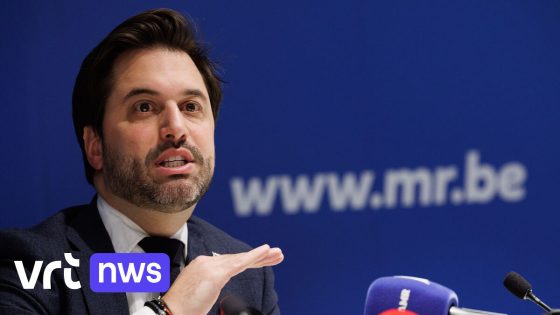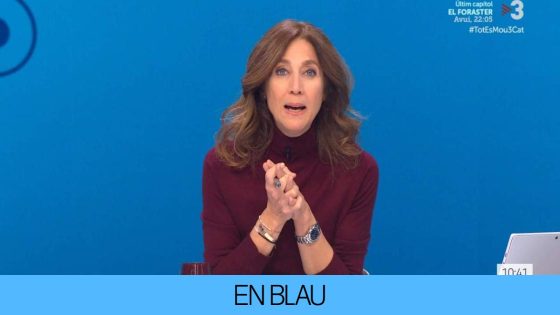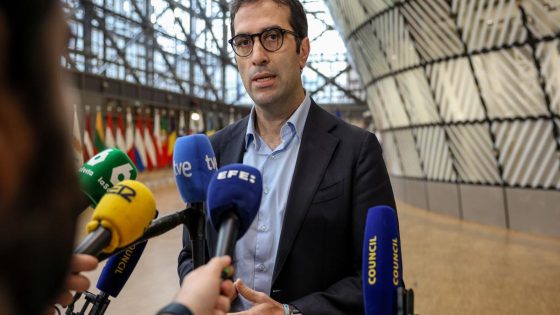On January 23, 2025, tensions rose in Belgium as RTBF and MR chairman Georges-Louis Bouchez clashed over the broadcast of Donald Trump’s oath-taking ceremony. Bouchez expressed his dissatisfaction during a recent interview with CNews, questioning the media’s approach to extreme-right parties.
- Bouchez expresses dissatisfaction in CNews interview.
- Jacqueline Gallant questions RTBF's decision.
- SDJ criticizes political leaders' actions.
- "Cordon sanitaire médiatique" affects extreme-right parties.
- SDJ defends editorial decisions based on regulations.
Media Minister Jacqueline Gallant plans to question RTBF about its editorial decisions. Is it effective to enforce a media cordon sanitaire when other outlets freely air similar content?
The Impact of Media Decisions on Political Discourse in Belgium
How do media restrictions shape political conversations? In Belgium, the “cordon sanitaire médiatique” limits coverage of extreme-right parties. This raises questions about journalistic integrity and public access to information.
The Role of RTBF and the Cordon Sanitaire in Belgian Media
The Société des Journalistes (SDJ) at RTBF has voiced strong objections against claims that their practices are outdated or ineffective. They argue that maintaining a context for extreme-right party statements is essential for responsible journalism.
- RTBF follows strict guidelines based on existing regulations.
- The SDJ emphasizes adherence to ethical journalism standards.
- Bouchez’s criticisms reflect broader concerns about media bias.
- This debate echoes discussions around free speech globally.
Understanding the Cordon Sanitaire: A Historical Perspective
The cordon sanitaire originated as a protective measure against extremist ideologies in Belgian politics. By restricting live broadcasts from certain parties, the intention was to prevent normalization of harmful rhetoric. However, this practice raises questions: Does it help or hinder democratic discourse?
The Future of Media Ethics in Political Reporting
As political landscapes evolve, so too must media ethics. The clash between Bouchez and Gallant illustrates a critical moment for Belgian journalism. Will they adapt their strategies to balance accountability with transparency? Engaging citizens through open dialogue remains vital for democracy’s health.
A Call for Dialogue: Bridging Gaps Between Media and Politics
This ongoing discussion encourages both politicians and journalists to reassess their roles within society. How can they work together more effectively? Building trust through clear communication could pave the way for healthier political engagement across all platforms.

































